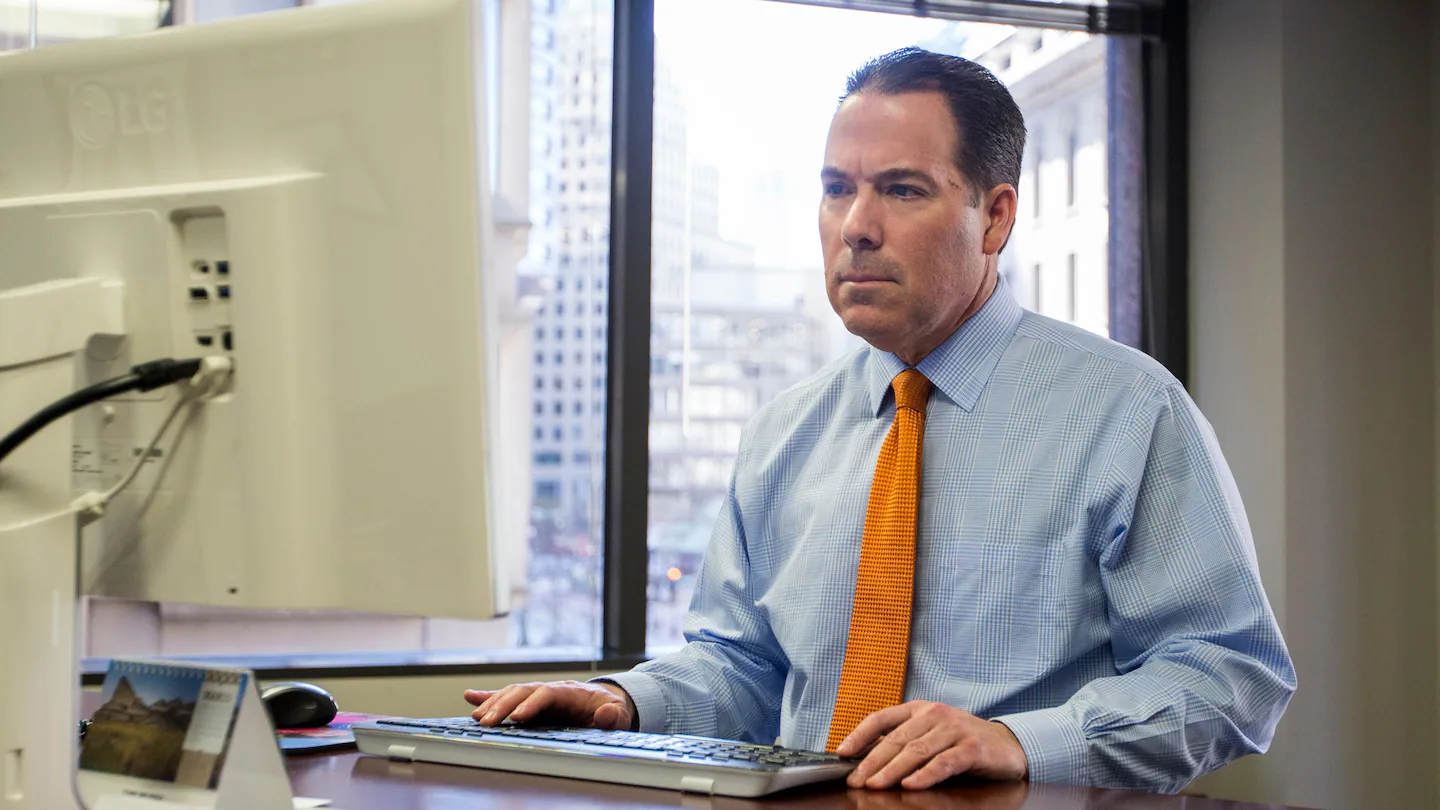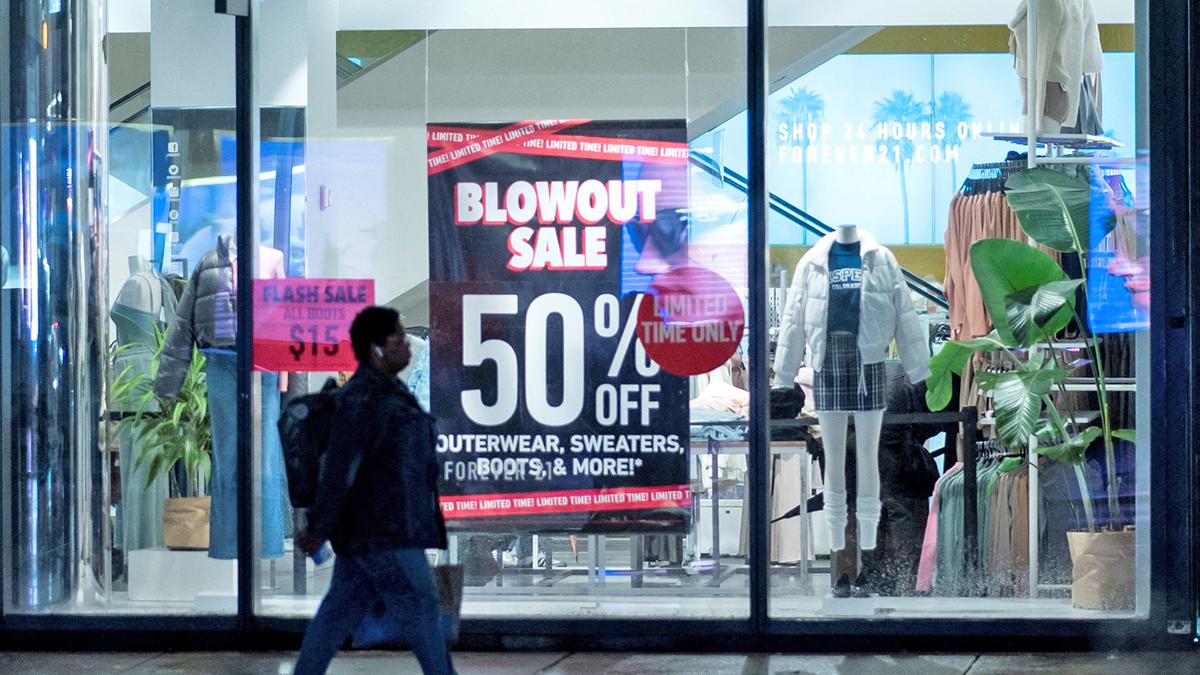
While Eastern Bank chair Bob Rivers has not been shy about sharing his concerns for Boston’s post-pandemic future, he didn’t hold back at all during a panel discussion on the topic organized by the State House News Service on Wednesday.
His message: It’s not really the time to celebrate recent gains such as the increase in downtown foot traffic, the stabilization of office vacancy rates, the significant decline in empty storefronts. Instead, it’s time to worry about what the still-high office tower vacancies will mean for the city’s finances and for the downtown’s vibrancy.
“Folks, we’ve got to stop whistling through the graveyard,” Rivers said. “The trends are moving in the right direction, but they’re moving very slowly. This is not a time for incrementalism. It’s a time for transformation.”
Advertisement
Rivers said one of the most important solutions is building more housing. The Healey and Wu administrations have provided subsidies to help with office-residential conversions and other housing construction, but they simply aren’t big enough. Rivers said many of Eastern’s multifamily developer clients can’t make the numbers work. Some permitting barriers, including Boston’s affordable housing requirement for new major projects, may need to be loosened up, he said. And in most cases, office towers simply aren’t suitable for conversion, so he made the case for tearing down obsolete office buildings and replacing them with new multifamily housing.
“There are office buildings in this city that aren’t going to make it, and if they can’t be converted to housing or much else useful, we’ve got to tear them down,” Rivers said. “Make no mistake. We are approaching a crisis here. And we’ve got to think about it that way.”
Advertisement
The ripple effects could hurt everyone from lenders like Eastern, to property owners, to small businesses that rely on foot traffic, to homeowners who could see their taxes rise to make up for drops in commercial real estate values.
Panelist Meg Mainzer-Cohen, president of the Back Bay Association, suggested a “moonshot” idea: Build another big deck over the Mass. Turnpike for new housing, a project that she said would likely require significant government subsidies.
That prompted Tito Jackson, owner of downtown cannabis business Apex Noire, to suggest what he called a “bank shot”: prefabricated, manufactured housing built assembly-line style to provide more affordable options.
Jackson had another suggestion for downtown vibrancy: leaning more heavily into culture and the arts. He recalled from his city council days how some city officials complained about the buskers across from City Hall at Faneuil Hall, but Jackson said they were attracting foot traffic and thus helping the local economy.
“The [acrobat] was flipping over the other dude,” Jackson recalled. “Hey … dude, please flip more.”
This is an installment of our weekly Bold Types column about the movers and shakers on Boston’s business scene. Globe reporter Jon Chesto moderated the panel, which also included Evan Horowitz of Tufts University.
Jon Chesto can be reached at jon.chesto@globe.com. Follow him @jonchesto.



